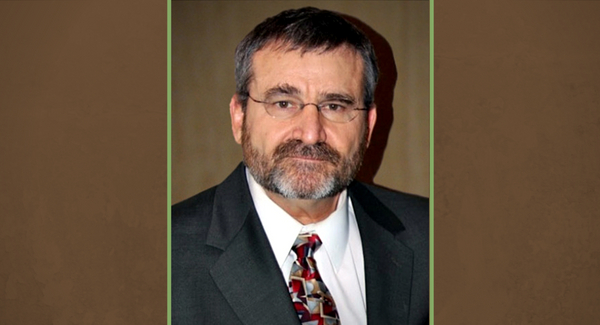Newman alumnus Billy Martin has been talking about lightning for years now, most recently presenting a webinar that focused on achieving FAA certification of aircraft fuel tanks and lightning protection.
The webinar was one of many presentations and discussions he’s given on the subject — and he doesn’t plan on ending that anytime soon.
“I have been involved in the field for more than 25 years,” said Martin. “I was the chairman of the national lightning committee for 20 years, as well as the chairman of the committee that provided the FAA with recommended re-writes of the fuel tank (and system) lightning protection rule that was released as a result of the TWA 800 accident.” The 1996 accident was one of the deadliest crashes in U.S. history, with the accident report concluding the probable cause was an explosion caused by flammable fuel vapors.
The presentation he gave was on the certification of large aircraft.
“Boeing spent more than $135 million on the 787, so it’s had a tremendous impact on the industry. I’m on a committee that tries to minimize that impact,” he said. “We do a lot of stuff, but our specialty is protecting aircraft from electromagnetic fields.”
Martin is currently the director of the environmental test lab at the National Institute for Aviation Research (NIAR) in Wichita, Kansas.
NIAR’s mission is “to conduct research, transfer technology and enhance education for the purpose of advancing the nation’s aviation industry, and to assist non-aviation industries that may benefit from aviation-related technologies,” according to its website.
Martin said his team at NIAR conducts environmental testing and even acts as myth busters. “Every day is something new and different. I get to work with outstanding engineering. The lab is a playground for engineers, it’s physics in motion.
“We’ve really grown our lab during the last two years and we are now the third-largest lab at NIAR.”
NIAR is a research center of Wichita State University, and Martin explained that it is unique in concept because they do not receive any funding from the university.
“We make our own funding through grants and research programs or various tests,” he explained. “We have to participate and earn those grants, for the FAA or Kansas Aviation Team, but we also operate as a commercial lab. We are a nonprofit, and we can also offer our services for lightning and environmental testing.”
Martin earned a degree in engineering during his time in the Marine Corps and then eventually landed a job at Boeing. But when they moved operations to Seattle, he had already settled in Wichita and didn’t want to move.
“I moved over to Cessna, and there was no one there that did that (lightning) protection, so I went to school to learn about lightning and I became their lightning guy.”
After that, he made lightning his career.
He eventually attended Newman and earned a Master of Science in Organizational Leadership in December 2000.
“(Going back for a master’s degree) was very difficult due to travel and other special projects I was working on at the time. (At the time,) I was working at Cessna … they were flexible and so was Newman; it was an excellent experience.”
Martin has done just about every type of environmental testing and has made many contributions in the development of avionics testing for aircraft, such as reverberation chamber testing and system lightning testing. He also owns several patents of lightning protection and antenna designs and said he looks forward to a lengthy career in the field.
“I am constantly teaching and giving classes, presentations, etc. I do a lot of consultant work and I am starting to get into wind turbine and various protections that are needed in that industry.”


